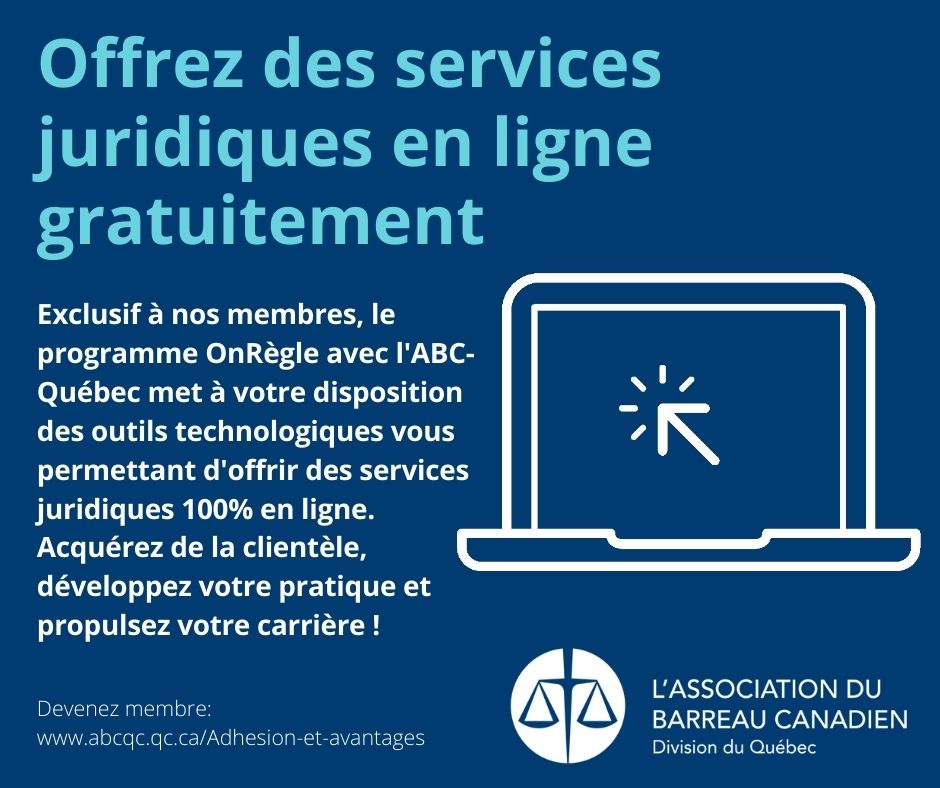‘Clearly not constitutional:’ CBA appears on Bill C-51
“My name is Hassan Yussuff and that is one of the reasons why I’m against this bill.”
That was the president of the Canadian Labour Congress yesterday as he began his presentation to the Public Safety Committee hearing into Bill C-51.
He appeared Wednesday evening along with the Canadian Bar Association and four other witnesses: the Mackenzie Institute, the Council for Muslims Facing Tomorrow, the American Islamic Forum for Democracy, and a security expert with 20 years in the intelligence community.
Eric Gottardi, chair of the CBA’s Criminal Justice Section, and Peter Edelmann, an executive member of the Immigration Law Section, appeared in support of the CBA’s submission. Together the two had just 10 minutes so were only able to touch on a few key items of concern.
“It is difficult to overstate how important this bill is,” Gottardi told the committee.
First of all, he said, the CBA opposes the creation of the “advocating or promoting terrorism” offence, saying among other things it could be counterproductive and self-defeating by driving terrorism further underground and away from scrutiny. It’s “corrosive” of freedom of expression, he said.
“Is our democracy so fragile that we must outlaw recklessly made statements? I think Canadians are made of sterner stuff.”
Secondly, he said, CSIS operates in the shadows for national security reasons; expanding its mandate to include police powers raises the real risk of abuse, noting that in the 1970s, the RCMP engaged in “dirty tricks” in the name of promoting national security. The McDonald Commission recommended splitting police and intelligence powers, which resulted in the creation of CSIS, he reminded the committee.
Thirdly, many of those new powers will overlap with police powers – and the Air India inquiry showed the kind of problems that can arise when CSIS and the RCMP don’t cooperate.
Peter Edelmann started by saying that 100 per cent security doesn’t exist, and that while you need security to enjoy your fundamental rights, the opposite is also true.
He pointed out problems with the bill’s vague language – legislation needs to be precisely drafted; and also the CBA’s issues with the lack of provisions for comprehensive and effective oversight.
Asked by a committee member whether the bill violates the constitution, Edelmann responded, “There are parts that are clearly not constitutional,” for example, “we have no precedent in Canadian law for judges authorizing breaches of the Charter.”
Gottardi added, “There are portions of the bill that we support. There are parts that are unconstitutional, nothing we say here could save them.”
The question-and-answer portion of the hearing went much the same way as earlier sessions have gone, according to earlier media reports: Conservative MPs lobbed softball questions at witnesses who support the legislation; Liberal MP Wayne Easter, whose party will support the bill but has vowed to amend it if elected, looked for quick fixes while noting that he has a private member’s bill before Parliament calling for a national oversight body. NDP MP Rosane Doré Lefebvre, whose party firmly opposes the proposed legislation, asked pointed questions about security and the constitutionality of the bill.
Is new legislation necessary?
Brian Hay of the Mackenzie Institute made some interesting points about the way Canada’s current anti-terrorist regime can be improved without the need for new legislation.
“Canada faces historically unparalleled threats to security,” he said, “but care must be taken to be sure that the result of the action” taken to counteract those threats is not out of proportion to it. He also noted that information-sharing between agencies is already going on, and suggests that this new law could “make it more transparent.”
But the new law would not have prevented the terrorist attacks last fall, he said, and when Parliament was assaulted there was no coordinated plan to deal with it.
“Perhaps the problem is not the lack of law but a lack of coordination and planning.”
As well, he said, the CSIS Act is a good piece of legislation, and “in the current security environment it may be a good idea to give CSIS more power to act.” But, he added, “This act anticipates that CSIS can break the law, and this may well be overreach.”
Raheel Raza of the Council for Muslims for Tomorrow made the clear distinction between spiritual Islam – Islamism – and political Islam – Islamist. She’s been writing and speaking about the radicalization of Muslim youth since 2000. Kids have nowhere to go between the mosque and the mall, she said, and they find in these ideas something to take an interest in.
She had qualified support for Bill C-51, approving of measures such as increased information-sharing, making air travel safer, barring terrorist propaganda and giving CSIS disruptive powers, but added she considers the bill “a work in progress,” with “weaknesses as well as strengths.” In particular she called for more comprehensive review, if not oversight, and stressed that all activities must conform to the constitution and Charter.
Zuhdi Jasser, president and founder of the American Islamic Forum for Democracy, is the son of political refugees who fled Syria in the 1960s. He served in the U.S. navy as a medical officer. He appeared via Skype from Phoenix.
The current “whack-a-mole” approach to terrorism “is not only failing, but we are in danger of not being able to keep up,” he said. Bill C-51 is a good short-term strategy for combatting terrorism; a longer-term strategy must involve working with reformers within the Muslim community.
His primary message is that the West can’t let political correctness or fear of appearing Islamophobic or racist “stand in the way of identifying the Islamist nature of terrorism.”
“Muslims have to be held accountable as adults,” he said, “otherwise you’re infantilizing us.” He calls that the “bigotry of low expectations,” to think that Muslims can’t or don’t understand modern thinking.
“Muslims are being given a pass,” he said.












